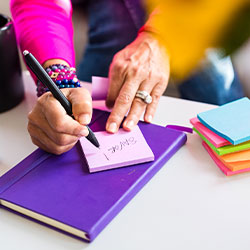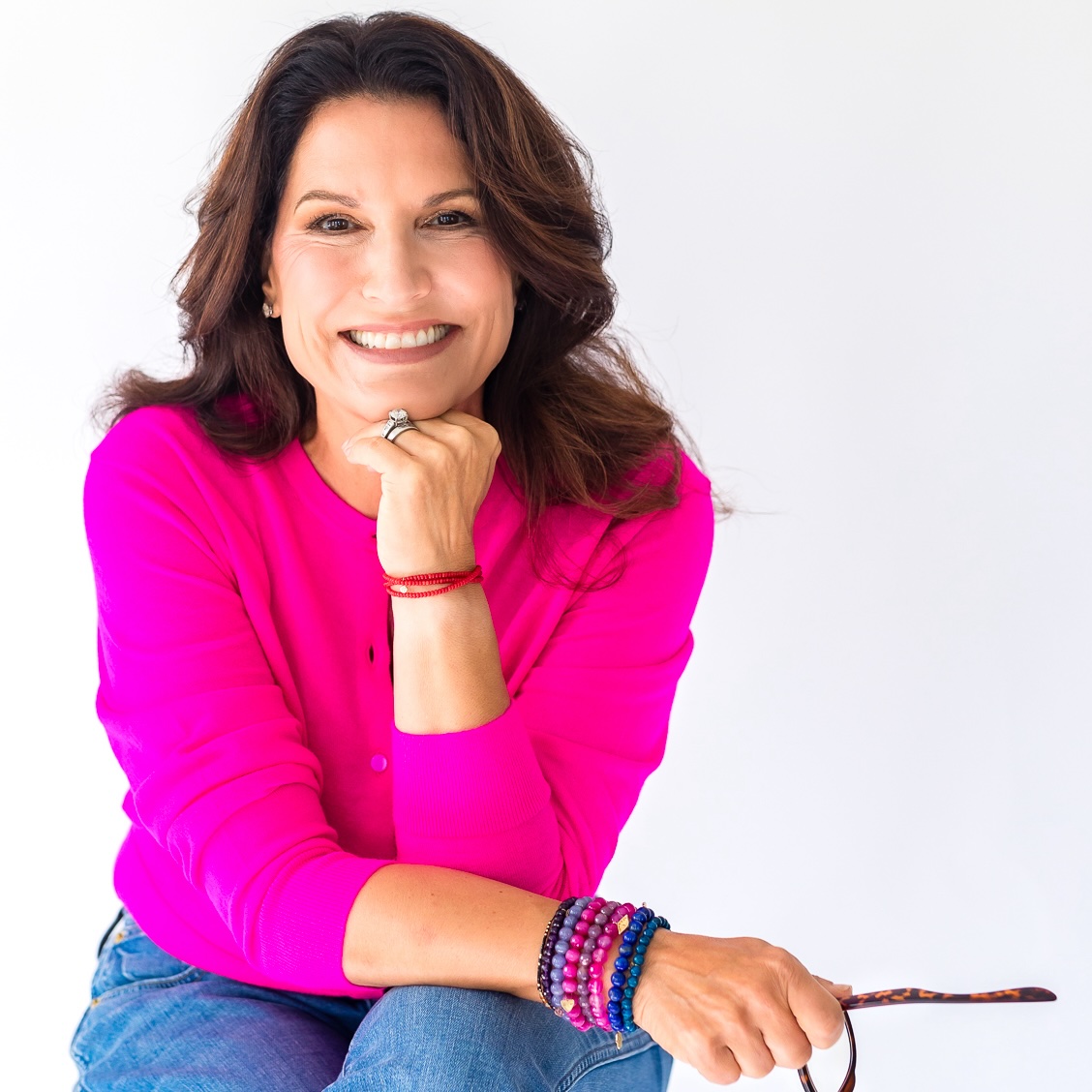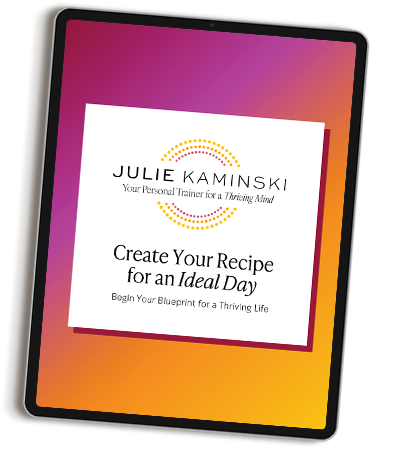Do you know your Roadblocks to Change?
Recall one of your earliest memories, ideally something that happened before the age of eight. What’s the first thing that stands out? Describe it in as much detail as possible.
What is the most important part of the memory?
What is vivid to you?
If you were to give this memory a title, what would it be?
Now think of another early memory, and maybe one or two more. Reflect on any recurring themes or feelings. Are there any common threads?
In our most recent selection from The Walking Book Club, The Dutch House, the main character often refers to his earliest memory, which is of being hit by a spoon in the kitchen. Our group pondered the significance of the oft-repeated memory. Did it set up his pattern of thinking “those that love me will hurt me”? Or “my sister will protect and keep me safe”?
In the psychology world these are known as Early Recollections (Adlerian Psychology) and can offer us a unique window into our lifelong patterns. Our first memories have the capacity to reveal insights into our outlooks and perceptions of life and the world. They may also reveal hidden roadblocks to change.
Turns out there’s also a biological reason for the strength of these memories.
As Carrie Boan, a certified brain-health expert, explains:
“From the time we’re born until around age seven, we create neural connections based on emotional experiences and repetition which results in a solidified neural pathway which continues to strengthen…. When we finally make a conscious decision to make a change, and our brain sends a signal that this isn’t normal. This threatens the neurotransmitter which makes us feel safe, included, and loved. In addition it spikes the stress hormone, cortisol.”
What you can do to overcome these roadblocks and make changes that lead to a healthier happier life.
“You must align your thoughts, words and actions with your true self.” Carrie suggests journaling in the morning and at night. Writing by hand activates a different part of the brain that isn’t activated while simply pondering. It helps you recognize your true thoughts and feelings, which is a key step in overcoming hurdles to desired change. Bookend your day with written reflections on gratitude, shifting your brain to focus on positive aspects of your life.
“Listen to your body.” When something isn’t aligned with your true self you will feel it in your body. Your brain reacts when outside influences or another person’s opinion throw you out of alignment. Conversely, when we’re on the right track, the feel-good hormone dopamine rises. “Not only do we feel better, we’re able to make better decisions,” Carrie says.
“Breathe.” When your true self is challenged and/or you feel stress manifest in your body, take a deep breath. Get oxygen flowing to the frontal lobe, which is the part of the brain that controls problem-solving, judgment, and decision making. The endorphins released have a calming effect.
Change for the better can feel elusive. Our patterns of behavior are rooted in our childhoods and can feel nothing short of permanent at times. But when you’re able to understand and recognize your thoughts and patterns, you have the power to overcome roadblocks and make meaningful change.
If you would like support in overcoming your roadblocks, let’s connect.
With warmth,
Julie






